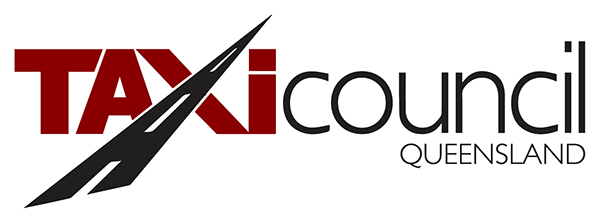Media release
8 October, 2019
As the State Government manoeuvres in the Supreme Court for dismissal of a legal action by hundreds of taxi license owners, the Taxi Council of Queensland (TCQ) is asking who should take responsibility for the capital losses experienced by the ordinary Queenslanders who own taxi licences.
Taxi licences in Queensland have fallen by 80 per cent since the Government abandoned the industry in 2016 and introduced laws that favoured booked-hire platforms such as Uber, allowing them to operate with significant cost advantages in Queensland. As a case in point, TCQ points to the State’s regulated premiums for Compulsory Third Party insurance (CTP), where taxis have to pay $3,961.60 per annum and booked-hire vehicles only pay $690.60 per annum.
The Queensland Government sold taxi licences to ‘mum and dad’ investors and small business owners via public tenders, over many years, and often for hundreds of thousands of dollars. TCQ believes the Government should have bought back the licences at their fair market value, prior to introducing regulatory changes in 2016 – changes that everyone could foresee would cause great industry upheaval, including decimation of licence asset values.
“The responsible process would have been for the Government to bring back the taxi licences before introducing the regulatory reforms that devastated their asset value. Instead of leaving ordinary Queenslanders to suffer huge financial hardship, by losing hundreds of thousands of dollars, the Government should have stepped up to the mark and taken ownership of the problem that they intentionally created,” said TCQ CEO Blair Davies.
“If the Government was persuaded that the community needed and wanted the benefits of the regulatory changes, that opened up the personalised transport sector to new business models, it should have accepted responsibility for bearing the costs of those changes on behalf of the whole community. The cost burden associated with the regulatory changes should not have been left to the few thousand ordinary Queenslanders who owned taxi licences to bear almost entirely on their own.”
The Taxi Council is not a party to the taxi licence owners’ action suing the State Government for damage to their taxi licence assets. TCQ estimates 40 per cent of its members are nominated as applicants in the legal action.
“We wish the action well because we certainly believe the State Government has a moral case to answer for the hardship it has caused to all of our members. Our lawyers have advised that getting a court to hold the State Government truly accountable will be very difficult, but for our members who have joined the action, it’s probably a case of, if you don’t give it go you will never know,” Mr Davies said.
The Queensland Government treated taxi licences as cash cows for years, selling them for hundreds of thousands of dollars and also levying stamp duties on licences when they were traded privately. In that light, the Government’s $100 million industry assistance package, that gave taxi licence owners $20,000 per licence, is a completely inadequate compensation, especially when most licence owners have seen the asset value of their licences fall by hundreds of thousands of dollars. Taxi licences in Brisbane were selling for around $530,000 prior to the regulatory changes but are now trading for around $80,000-$100,000.
“If the Government owned the licenses by buying them back at a fair price, they could have done whatever they liked; but they didn’t, instead they pulled the rug from under the ordinary Queenslanders who privately owned taxi licenses and left them to take the fall,” Mr Davies concluded.
ENDS
